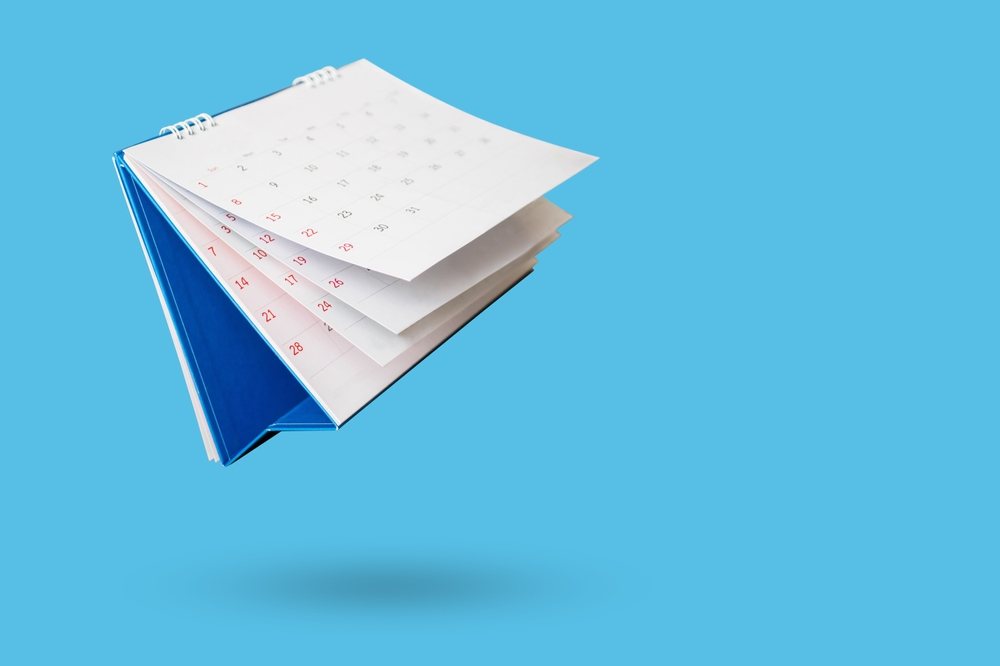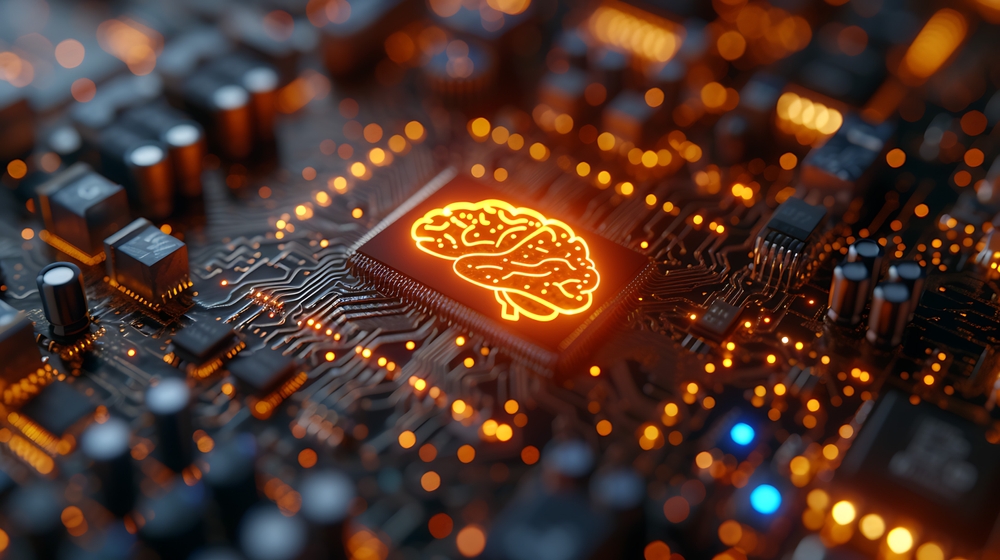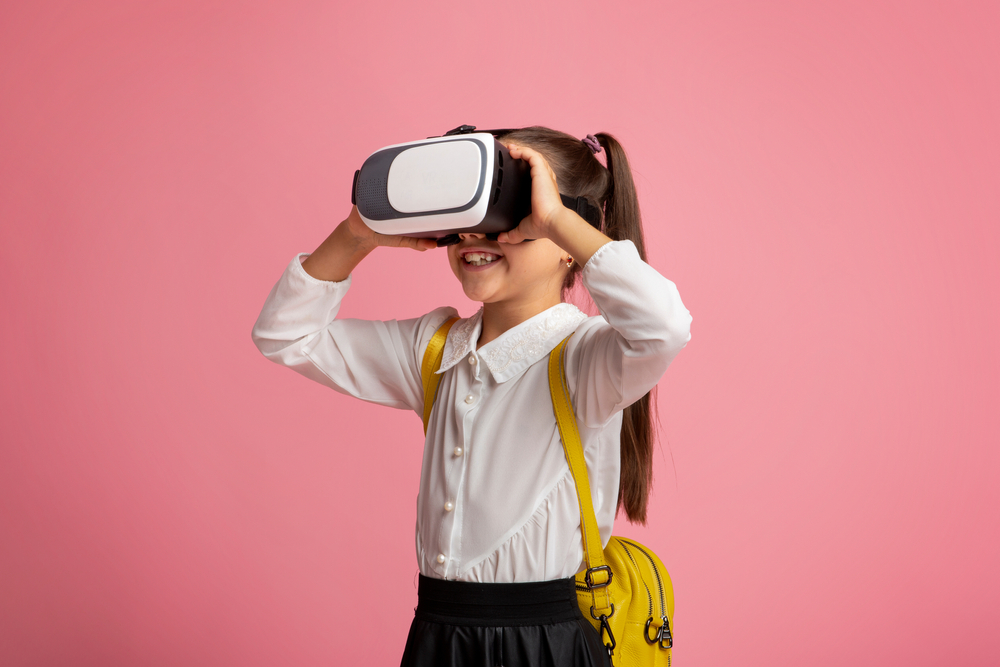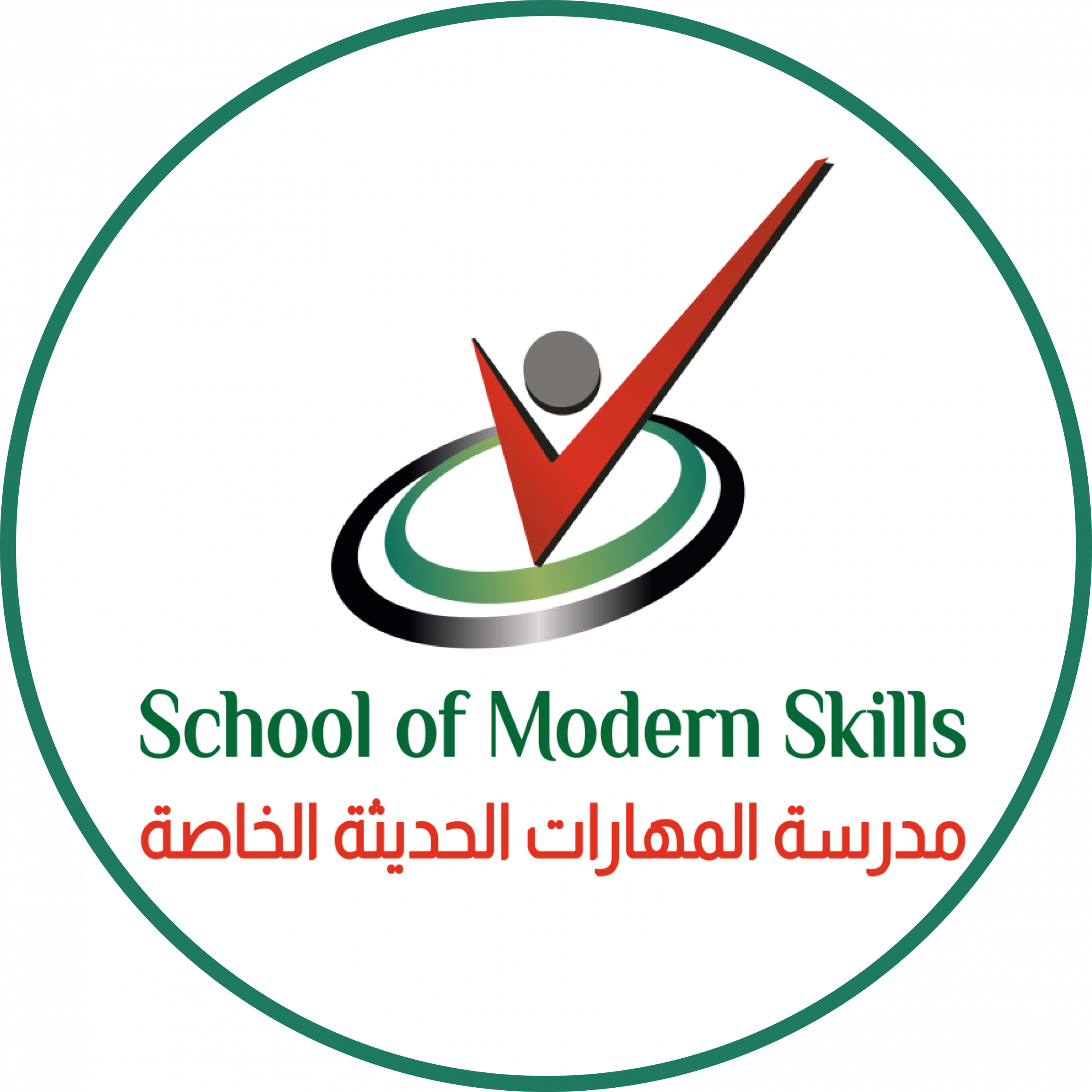
Here, we’ll explore term time in Dubai, specifically at Dubai SMS and how our school offers facilities like no other.
Dubai School Calendars
In Dubai, the average school calendar follows a schedule set by the UAE’s Ministry of Education, with some variations depending on the type of school. The academic year typically begins in late August or early September and ends in late June or early July, divided into three terms with breaks in between.
The first term runs from late August/early September to mid-December, followed by a three-week winter break. The second term spans January to late March or early April, with a two-week spring break. The final term continues from mid-April to late June/early July.
The daily school hours usually run from 7.30 am to 2.00 or 2.30 pm, with slight variations depending on the educational level and the school’s specific regulations.
International schools in Dubai, including American schools, often follow different academic calendars that align with their home country’s system. For example, American schools in Dubai may follow a calendar similar to that in the United States, starting in late August or early September and ending in late May or June, as well as observing holidays such as Thanksgiving and possibly having a shorter winter break compared to local schools.
While both local and international schools share similar term structures, the exact dates and duration of holidays may differ.
Dubai schools typically have three terms in the academic year, and secondary education typically lasts four years, covering Grades 9 to 12. This phase follows primary education and is designed for students aged 14 to 18. The curriculum during these years focuses on preparing students for higher education or vocational training, culminating in the completion of the UAE’s national exams or equivalent international qualifications like the IB, A-Levels, or AP exams.
At Dubai School of Modern Skills
At Dubai School of Modern Skills, our calendar is very similar to that of schools in the US so international students can have breaks at the same time as their family and friends abroad, however, we also have other local and Islamic holidays in our calendar. Specific dates vary from year to year, however, the first term begins at the end of August and students have a three-week winter break in December.
The second term begins in January after the New Year and ends with a Spring break in April, before the third term starts and finishes at the end of July.
As Friday is the most holy day of the week for Muslims, our school finishes early on a Friday and observes the standard Saturday/Sunday weekend break during term time.
School begins at 07.45 for all students, and ends at 12.40, 14.40 and 14.50 for kindergarten, primary and secondary school students respectively.
Dubai SMS Curriculum
At Dubai School of Modern Skills, the curriculum is built on a foundation of student-centered, inquiry-based learning. This approach prioritizes active, student-focused engagement in the classroom, where learning is not just about acquiring knowledge but also about developing critical thinking and problem-solving skills that are crucial for students’ future development and success.
Teachers at SMS emphasize collaborative learning, encouraging students to identify problems and work together to explore potential solutions. This method fosters a learning environment where students are not afraid to make mistakes and are encouraged to learn from them, promoting resilience and a growth mindset.
The curriculum at SMS includes innovative projects like the cross-curricular STrEaM and the Elementary Robotics project. STrEaM, our spin on STEM, includes the following disciplines:
- Science
- Technology
- reading
- Engineering
- art
- Mathematics
These initiatives provide students with opportunities to engage creatively and analytically, using inquiry-based learning to explore complex problems. The “SMS does Shark Tank” project is a standout example, where students across the school showcase their innovation and critical thinking by designing solutions to social issues while also developing a profitable business model. This project not only hones their entrepreneurial skills but also teaches them to apply their learning to real-world situations.
Aligned with the American curriculum, SMS follows the Common Core State Standards (CCSS) for English Language Arts, Mathematics, Art, French, History, and Physical Education. Science education is guided by the Next Generation Science Standards (NGSS), while IT instruction follows the ISTE standards. Advanced Placement (AP) courses are offered at the high school level to prepare students for higher education.
Additionally, subjects such as Arabic, Islamic Studies, Moral Education, and Social Studies are taught according to the UAE Ministry of Education curricula, ensuring that students also receive a solid grounding in local culture and values. For Kindergarten, the creative curriculum is adopted, providing a broad and internationally standardized framework for early learning.
The Value of Robotics and AI in Education

Incorporating robotics, AI, and virtual reality (VR) into classroom settings and school curricula offers significant educational benefits. Robotics and AI promote personalized learning by adapting to each student’s pace and style, making education more inclusive and effective. AI, for instance, helps identify learning gaps, allowing teachers to tailor instruction and support to individual needs. This personalized approach is particularly beneficial in diverse classrooms, ensuring that every student can achieve their full potential.
VR adds another dimension by providing immersive, hands-on learning experiences. For example, VR can simulate field trips to historical sites or scientific environments that would otherwise be inaccessible. This not only enriches the learning experience but also fosters collaboration and teamwork as students work together in these virtual spaces.
Robotics in education encourages problem-solving and innovation, essential skills in today’s technology-driven world. Through projects like those at the Dubai School of Modern Skills, students learn to apply theoretical knowledge to practical challenges, preparing them for future careers in STEM fields.
Robotics, AI, and VR in schools not only make learning more interactive and enjoyable but also equip students with the skills needed for the future. These technologies support a more dynamic, student-centered approach to education, fostering creativity, collaboration, and a deeper understanding of complex subjects.
The Importance of Academic Facilities
High-quality academic facilities play a crucial role in enhancing educational outcomes and overall student well-being. Well-equipped classrooms, modern laboratories, and up-to-date technology create an environment conducive to learning, making it easier for students to engage with the material and achieve better grades. Research indicates that students in schools with better facilities tend to perform better academically, in part because such environments reduce distractions and provide the necessary resources for effective learning.
Moreover, high-quality academic facilities contribute to student well-being by creating a comfortable and safe learning environment. Clean, well-maintained spaces can reduce stress and improve mental health, allowing students to focus more on their studies. For instance, natural lighting, proper ventilation, and ergonomic furniture can significantly enhance students’ physical comfort, which is directly linked to their ability to concentrate and learn effectively.
Beyond academic success, these facilities also support the development of essential skills such as collaboration, creativity, and critical thinking. This not only improves academic performance but also prepares students for future careers by fostering a collaborative and innovative mindset.
Academic Facilities at Dubai SMS
Dubai School of Modern Skills (SMS) emphasizes both the well-being and academic success of its students by offering modern, well-equipped facilities across its campuses. The school provides separate campuses for boys and girls in grades 5 to 12, each featuring specialized science and technology labs, libraries, hydroponics gardens, activity rooms, health clinics, and canteens. These facilities support a holistic educational experience, allowing students to engage in a variety of activities and interests.
In classrooms, small class sizes and advanced technology facilitate personalized learning. The school also provides computer labs and art rooms to enhance interactive learning. A key highlight is the innovation hub, which includes Robotics and AI equipment, giving students hands-on experience with cutting-edge technology and fostering interest in growing industries.
Additionally, the school’s newly built cafeteria offers fresh, daily-prepared food, promoting student health and well-being, which is vital for maintaining focus and happiness throughout the school day. These comprehensive facilities contribute to a supportive environment that nurtures both academic achievement and personal growth.
Dubai School of Modern Skills

As well as its excellent facilities, the Dubai School of Modern Skills offers the following services for students:
If you’re ready for a tour of our campus, contact us today!
